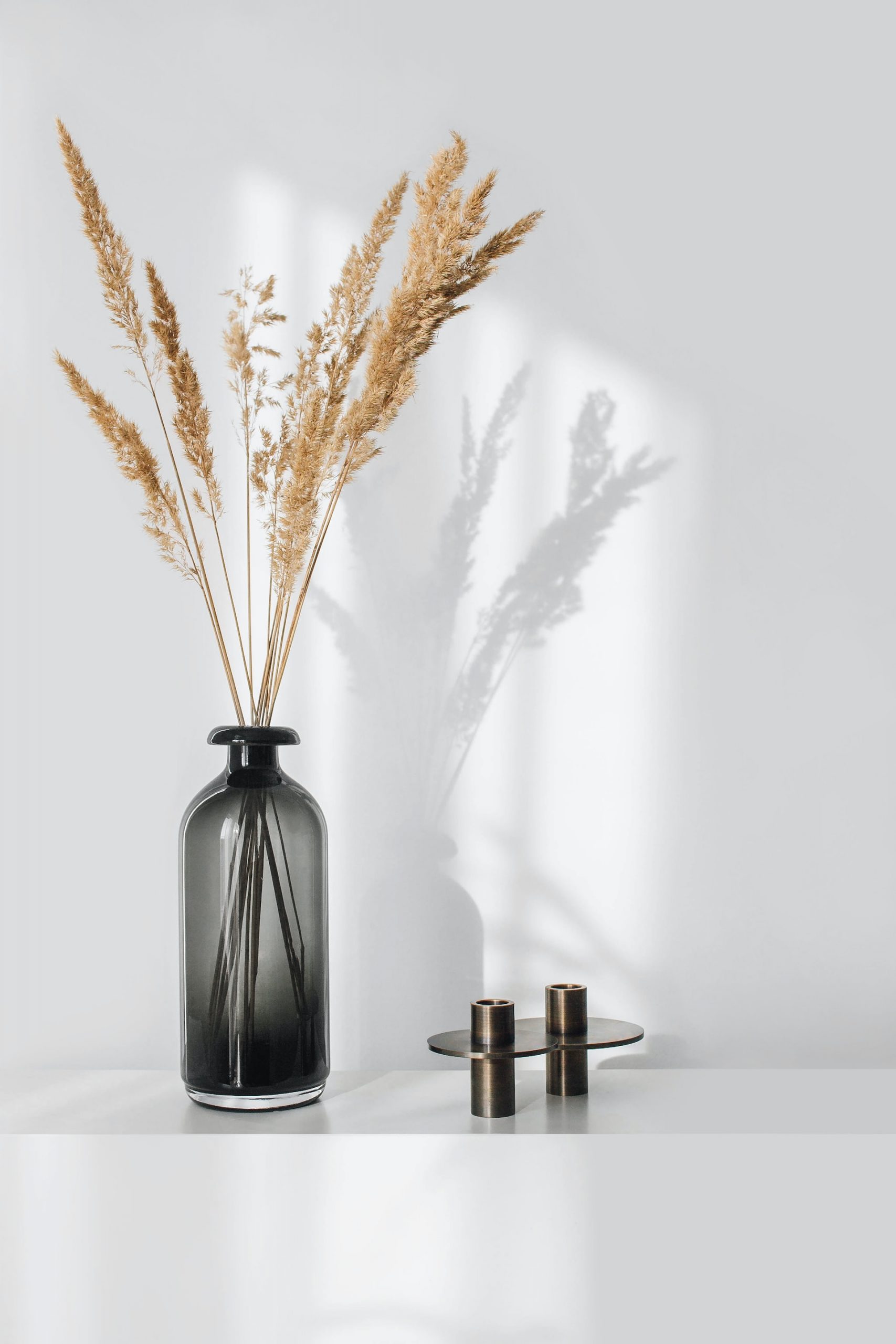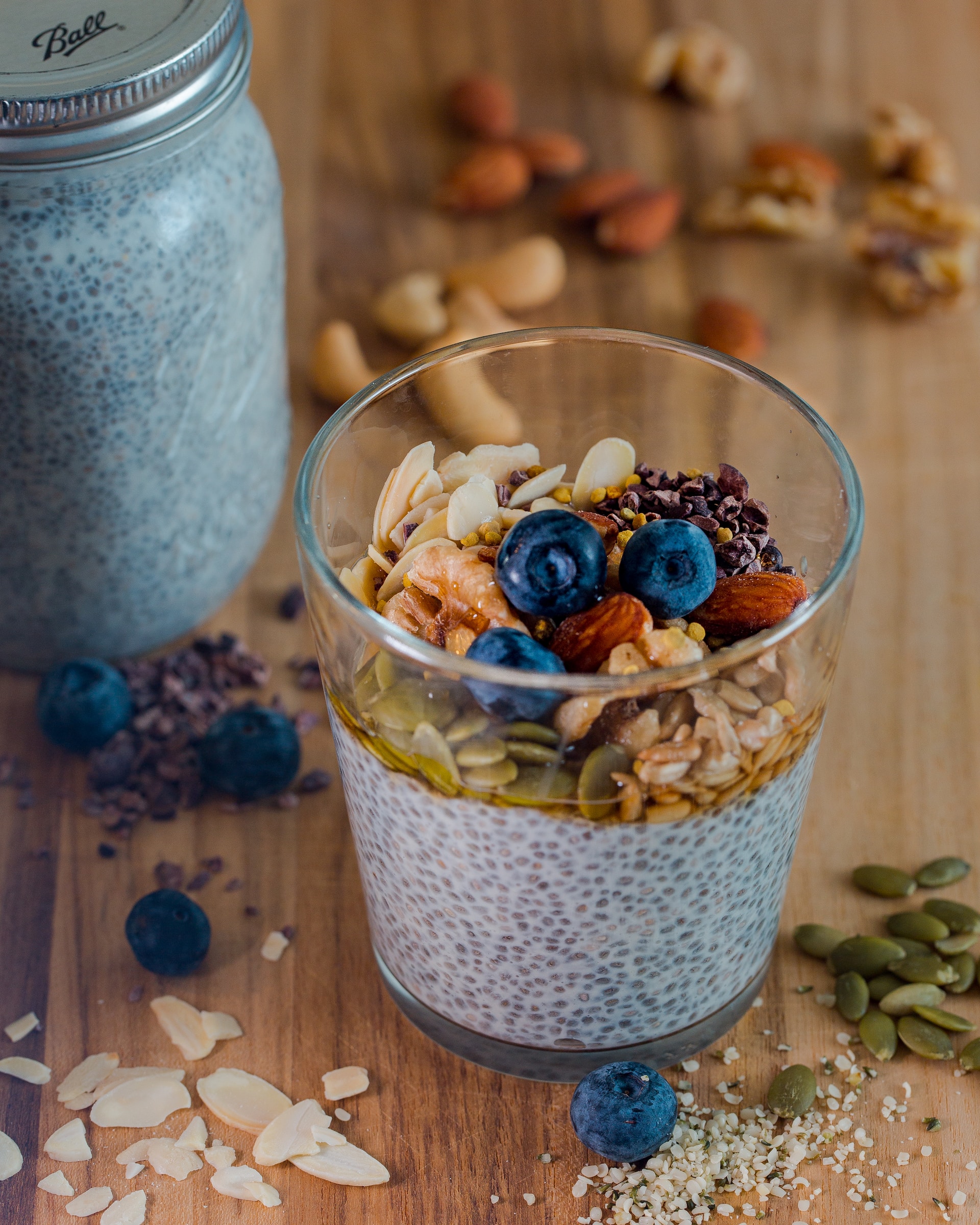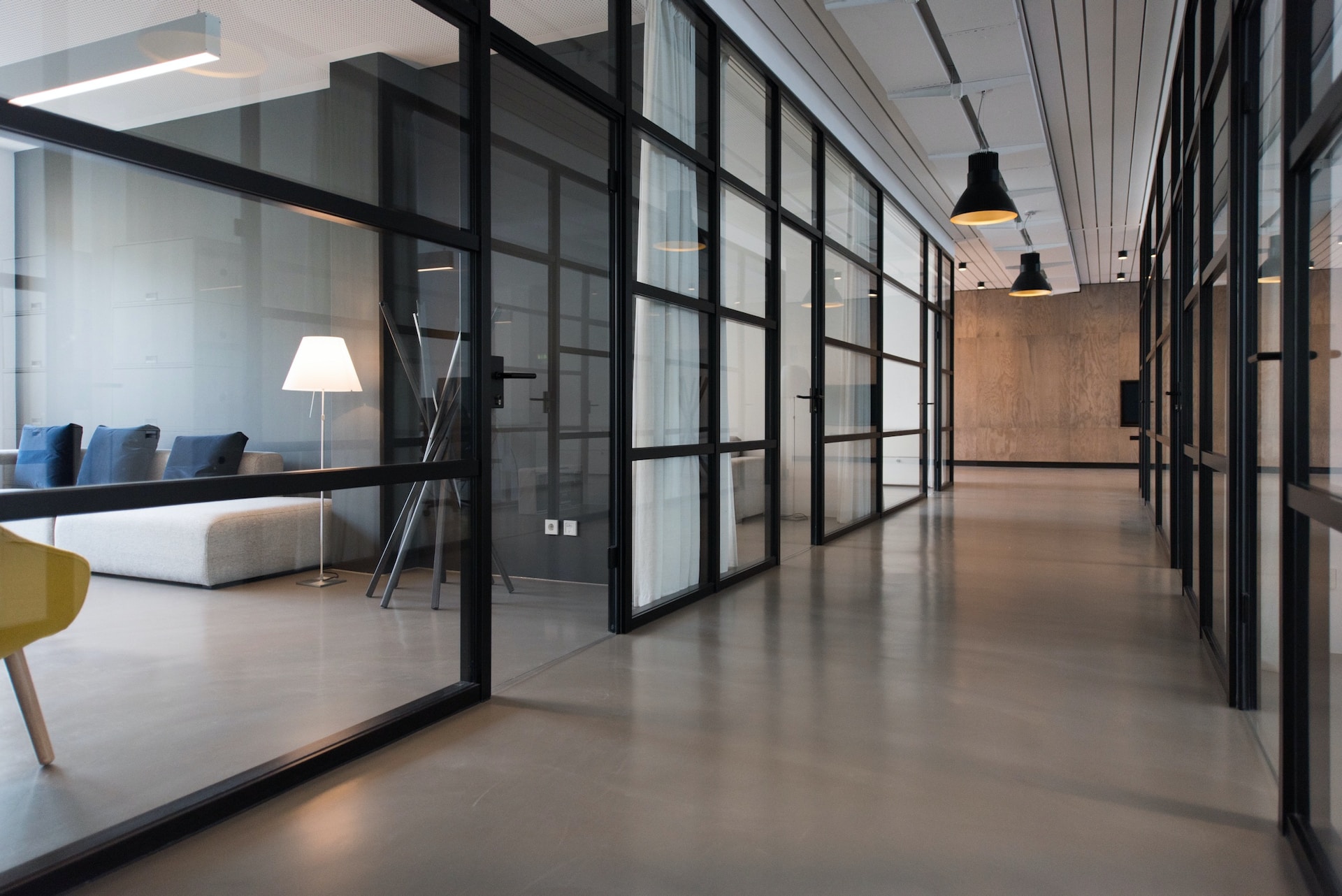
In a world filled with constant distractions and overwhelming demands, finding inner peace and harmony can be challenging. However, by embracing the principles of Zen and minimalism, we can embark on a transformative journey to declutter not only our physical space but also our emotional landscape. In this article, we will explore the art of decluttering for Zen living, focusing on simplifying our surroundings and freeing ourselves from emotional burdens, thus paving the way for a more mindful and balanced existence.
Cover photo by Sarah Dorweiler
Understanding Zen and Minimalism
Zen and minimalism share a common thread of simplicity, mindfulness, and intentionality. Zen, derived from the Japanese word “Zazen,” emphasizes the practice of meditation and being fully present in each moment. Minimalism, on the other hand, is about intentionally simplifying our lives by letting go of excess possessions and distractions. Together, they offer a profound approach to decluttering both our inner and outer worlds.
Simplicity in Physical Space
In our modern consumer-driven society, we often accumulate more possessions than we need, leading to clutter and disarray in our physical space. Embracing minimalism encourages us to assess our belongings, keeping only what serves a purpose or sparks joy. By decluttering our living spaces, we create a calming environment that promotes focus and serenity.
The KonMari Method for Emotional Space
Clutter isn’t limited to physical objects; it can also manifest as emotional baggage. The KonMari method, popularized by Marie Kondo, emphasizes discarding items that no longer bring us joy. Applying this principle to emotional space involves letting go of negative thoughts, grudges, and limiting beliefs, thereby fostering emotional clarity and well-being.
Mindful Consumption
Practicing mindful consumption aligns with Zen and minimalism, urging us to be conscious of our purchasing decisions. By avoiding impulsive buying and opting for quality over quantity, we reduce unnecessary clutter and contribute to a more sustainable lifestyle.
Cultivating Present-Moment Awareness
Zen living teaches us to be fully present in each moment, releasing attachments to the past or anxieties about the future. By focusing on the present, we develop a deeper appreciation for the simple joys of life, such as the warmth of sunlight or the sound of raindrops.
Letting Go of Emotional Clutter
Emotional clutter can weigh us down, hindering personal growth and happiness. Embracing Zen living involves acknowledging and processing our emotions with mindfulness and compassion. By accepting and releasing emotional burdens, we create space for new possibilities and growth.
Living with Intention
Living with intention is at the core of both Zen and minimalism. By clarifying our values and priorities, we become more discerning about how we spend our time and energy. This intentional living enables us to focus on what truly matters and contributes to a sense of purpose and fulfillment.
The Benefits of Zen and Minimalism
The benefits of adopting Zen and minimalism extend beyond organized physical spaces and emotional well-being. By simplifying our lives, we reduce stress, increase productivity, and gain a greater sense of contentment. We create room for self-reflection and creativity, leading to a more fulfilling life journey.
Applying Mindful Practices
Incorporating mindful practices such as meditation, journaling, and gratitude into our daily routine complements the decluttering process. These practices help us stay centered, cultivate self-awareness, and maintain our focus on the present moment.
Conclusion
Embracing the principles of Zen and minimalism offers a transformative path to decluttering our physical space and emotional landscape. By simplifying our surroundings and freeing ourselves from emotional burdens, we create room for inner peace, contentment, and a deeper connection with ourselves and the world around us. As we journey towards Zen living, let us remember that decluttering is not a one-time task but an ongoing practice—a journey that empowers us to live with greater intention, mindfulness, and a renewed sense of purpose.


